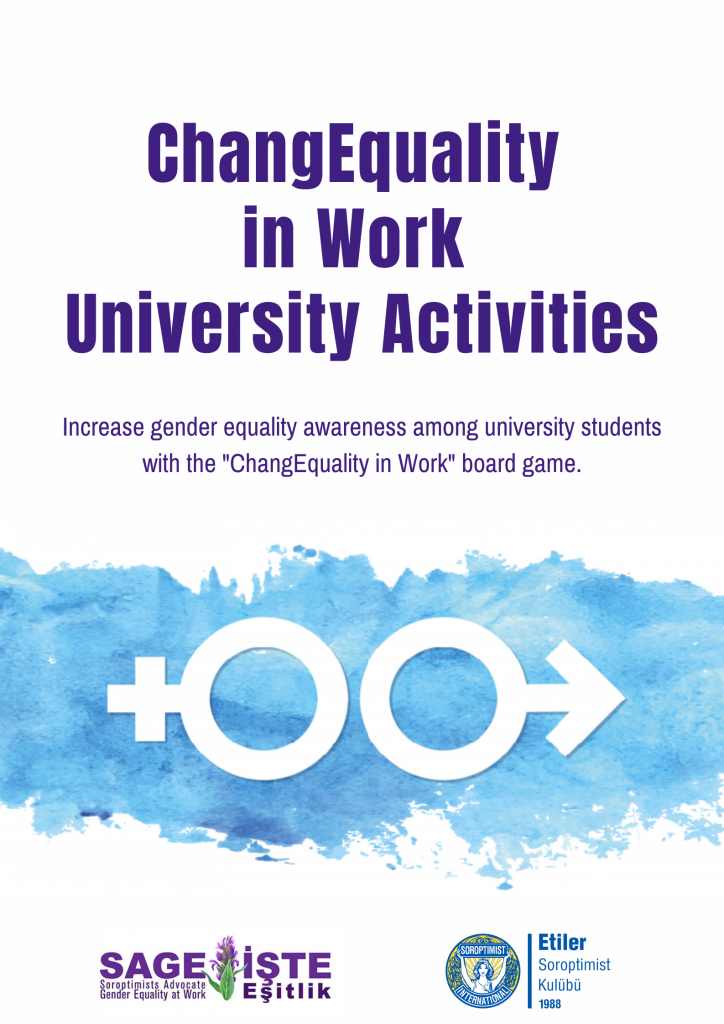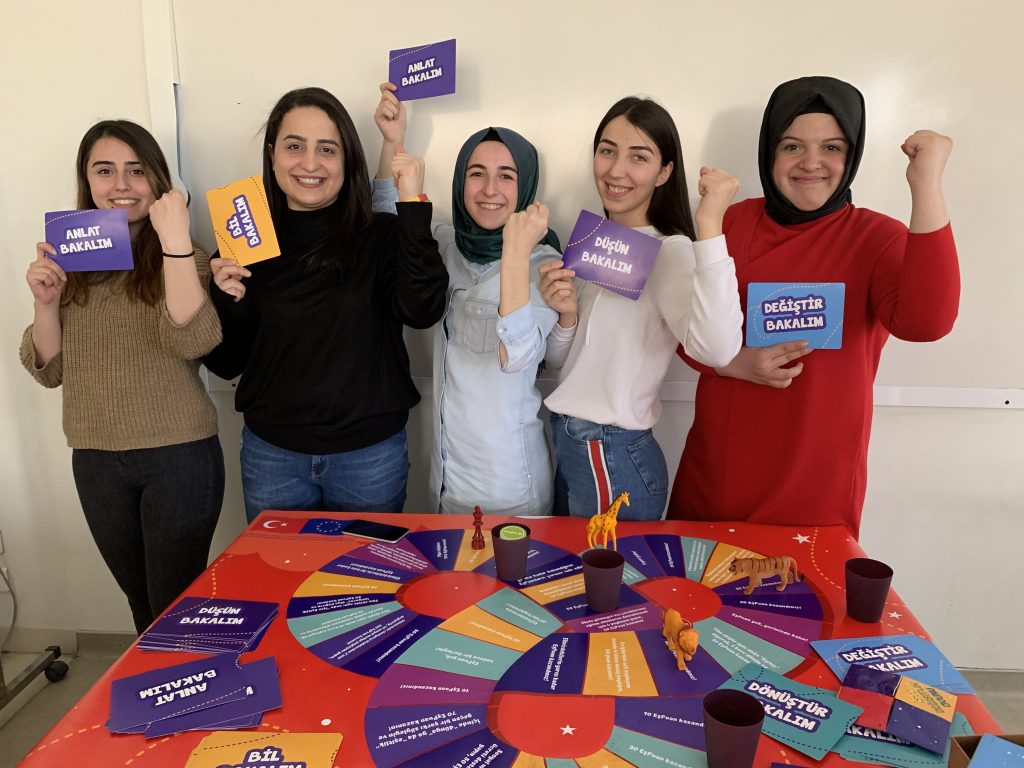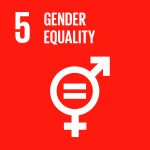Esta web utiliza cookies para que podamos ofrecerte la mejor experiencia de usuario posible. La información de las cookies se almacena en tu navegador y realiza funciones tales como reconocerte cuando vuelves a nuestra web o ayudar a nuestro equipo a comprender qué secciones de la web encuentras más interesantes y útiles.
ChangEquality in Work University Activities
Description
Institution
Soroptimist International Etiler, Istanbul

Organizations/areas of the university involved
We collaborated with student’s clubs from different universities located in Istanbul, Turkey. Nisantasi University Social Service Club, Istanbul Medeniyet University Philosophy Club, Beykoz University Women’s Club, Bahçeşehir University International Law Club, Istanbul Medipol University Social Work Club, Istanbul Ayvansaray University Children Development Club, Marmara University Women Entrepreneurs Club, Istanbul Aydın University Women in Business Club, İstinye University Social Work Club, Yeditepe University Women in Business Club, Galatasaray University Women in Business Club. ChangEquality Ambassadors were from Istanbul, Istanbul Aydın, Istinye, Marmara, Nisantasi, Sabanci, Yeditepe universities.
Country
turkey
Within the scope of the EU-funded SAGE in Work project, we have increased gender equality awareness among university students with a board game called “ChangEquality in Work” and developed an ambassadorship program for sustainability.
The ChangEquality game is played with 4 groups of 2-7 people. The game consists of a board with a roadmap symbolized by the infinity sign, question/case cards, and game pieces. Each group gets a game piece to move around the board. To start, they place the game piece for themselves anywhere they want on the roadmap, draw randomly one of the cards bearing the headings Let’s Think, Let’s Tell, Let’s Guess, Let’s Change, and Let’s Transform. Then they discuss the questions or cases on the card among themselves and generate the group’s answer. Thereafter, comments are made altogether on the group’s answer, in some cases, a new perspective is developed among all players. Each group earns EqualityPoints by moving on the board as the number written on its own card. The game lasts approximately 90-120 minutes. The group that collects the most EqualityPoints wins the game.
This interactive game is designed to guide the students to change sexist discourses in the language, to reverse personality characteristics attributed to women and men, to think about the implications of existing gender inequality status in the world and in Turkey, and to become aware of the success stories of leading women.
We also created a ChangEquality Ambassadorship Program for sustainability and provided further training for the ambassadors.
Results and impact measured or expected
We started to implement SAGE in Work project in 2019 in Istanbul, Turkey, and reached nearly 700 people until Covid-19 pandemics. Then, we played the game with 200 more people via Zoom.
The quantitative assessment -carried out with the pre-and- post-tests- showed the rate of students who think they have a high level of knowledge (9-10) on gender inequality has increased from 22% to 71% after the activity. The number of students thinking that they are fully aware has increased by 73% in all students, from 47.3 to 81.6. When we looked at the female students’ rate, realized improvement is much higher; the self-expressed awareness level of women was increased from 43% to 84.2% representing a 95% increase.
Critical success factor was the utilization of gamification and high interactivity level of the game. Students rated the game as very entertaining and enjoyed the whole experience far more than we expected.
Connection with the SDG framework
Barriers and follow up
Neither our organization budget nor our human resources in terms of moderators and/or ambassadors sufficed to fulfill the demands of different universities to play the game. If we had expected to get such intense interest, we would have allocated accordingly. Pandemics, on the other hand, inhibited organizing live events. We tried to overcome this by using the Zoom platform.
Transferability of the initiative
This project can be scaled up by complete digitalization of the game. It is easily transferable to other higher education institutions in other geographical contexts with minor modifications.
Education 4 SDG funciona gracias a WordPress


